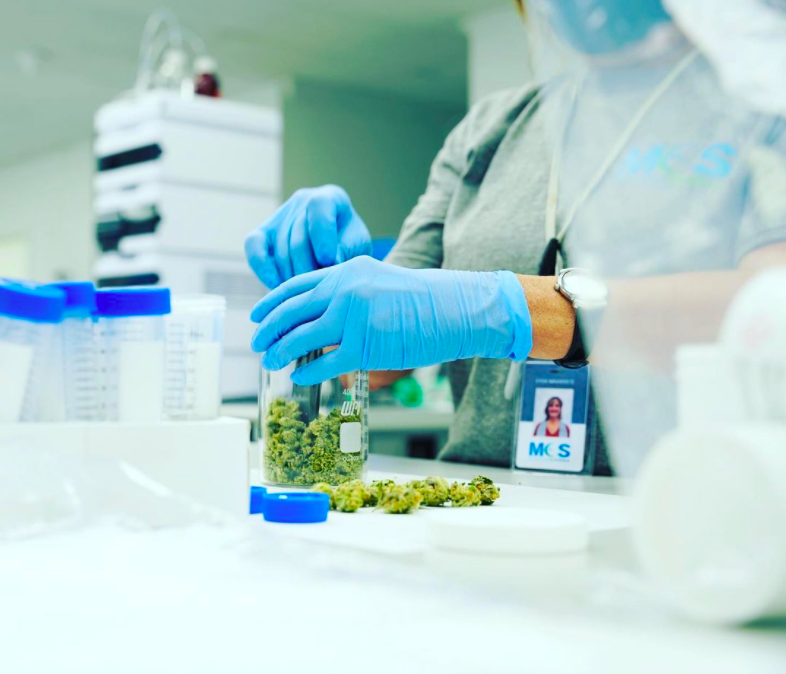
State cannabis regulators need to turn to the experts
Cannabis laws shouldn’t be written in guesswork – labs like Modern Canna have the knowledge regulators need.
Cannabis can seem like new territory to lawmakers, so it’s no surprise when well-intentioned cannabis laws come out a little backwards: under-regulated in some ways, over-regulated in others, and often counterproductive to public health and safety. There is no great mystery here – lawmakers should begin the rule development process by consulting with industry experts who have extensive experience in handling cannabis products.
“It is important to consult with laboratory analytical experts who have a chemical background and who really understand the science behind cannabis product testing. Otherwise, the programs could be months or even years ago, ”says Wyatt Bergel, technical director of Modern Canna cannabis testing laboratory.
“We know that our regulatory framework does not contain comprehensive rules that guarantee complete consumer safety and standardization for testing; Nevertheless, we draw on widely recognized knowledge and experience to adhere to this higher standard. Regulations develop slowly, so it is up to everyone involved to hold themselves accountable, ”continues Bergel.
When regulation goes wrong and the important role played by third party laboratories
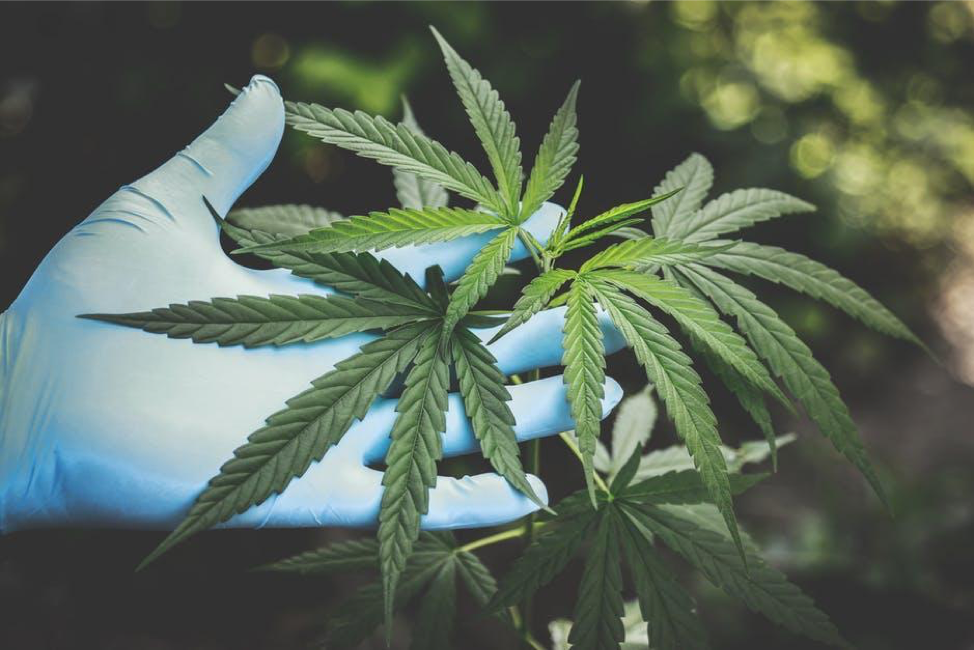
Washington State was one of the first to legalize cannabis; However, oversight of the state’s new cannabis market went to the Spirits Control Board. Regulators quickly realized they were overwhelmed, as cannabis and alcohol, it turned out, have very few similarities.
“We don’t have the expertise,” admitted Rick Garza, executive director of the Washington State Liquor and Cannabis Board, after about five years of legalization.
The most glaring omission: while the state set limits for certain pollutants in cannabis plants, no testing was required to prove it.
Even with proper testing procedures, a lack of accountability can put an entire system at risk. In 2018, shortly after California implemented strict testing protocols, the director of a testing lab in Sacramento began falsifying reports. Since there was no internal peer review process for pesticide testing, submitting incorrect results was easy. The problem went undetected for months, which resulted in many untested batches being released. Thousands of products have been seized by the state, affecting more than 30 cannabis dealers who relied on the laboratory’s reports.
This is not an isolated incident. In Washington, a laboratory gained a reputation for allegedly increasing the percentage of THC and downplaying pollutants. Policy makers need to rely on third-party laboratories to develop rules, but building trust and maintaining a good reputation is entirely up to the laboratory.
“Laboratory fraud is a dark road. Every time we conduct data integrity training it’s like nails on a blackboard telling similar stories (and sometimes much worse). The laboratory is sacred: To exist as an external party to tell you the truth, no matter how difficult that truth may be. For example, how often have you questioned your test results from your doctor’s office? Or thought, is it really calibrated properly? ”Said Modern Canna QA manager Eric Kemp.
“Our data is our only product. If you compromise on your only product, how long can you expect it to last? Stories of laboratory fraud have given the industry a black eye. The only course of action is never to compromise integrity. If you are ever able to submit samples for analysis, you should choose a laboratory that can tell you this truth and make the results as accurate as possible. ”Kemp continued.
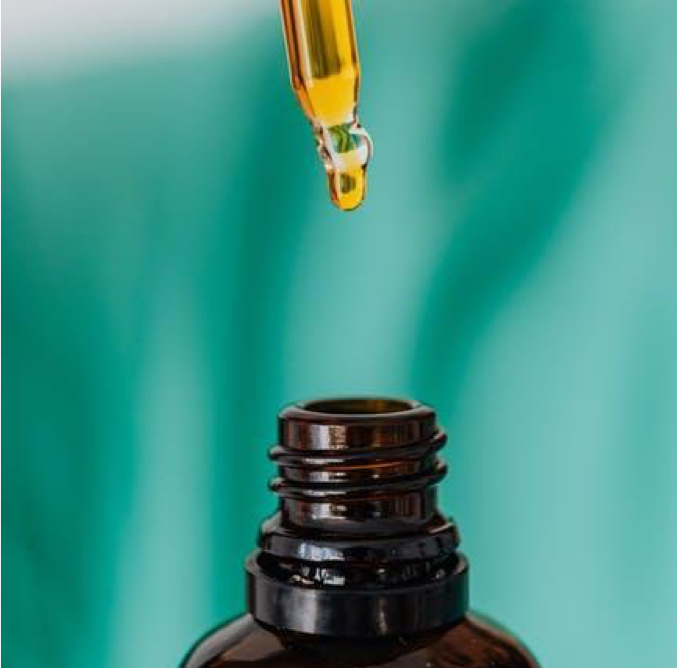
Regulation that works for cannabis
Cannabis has unique needs and a diverse supply chain. It takes years to acquire the expertise necessary to effectively grow and manufacture cannabis and cannabis derivatives. It takes just as long or longer for analytical chemists from third-party laboratories to analyze these products precisely and efficiently.
When devising quality control guidelines, it is important to understand the chemistry behind the cannabis plant. This is why it is important for regulators to work with experts who have already invested considerable time developing scientific and technological advances in cannabis testing. Analytical chemists from organizations like Modern Canna want to analyze medical cannabis impartially. With verifiable testing methods, they know firsthand that reliable testing is something that the industry desperately needed.
“Standardization is one of the pillars of every laboratory. We built all of our validated cannabis methods from widely accepted methods used in the environmental testing industry. We appreciate every opportunity to work with the state to secure the future of the program. In addition, we have the opportunity to extend this passion and expertise to our customers in order to identify potential regulatory issues, ”said Jini Curry, Head of Modern Canna Lab.
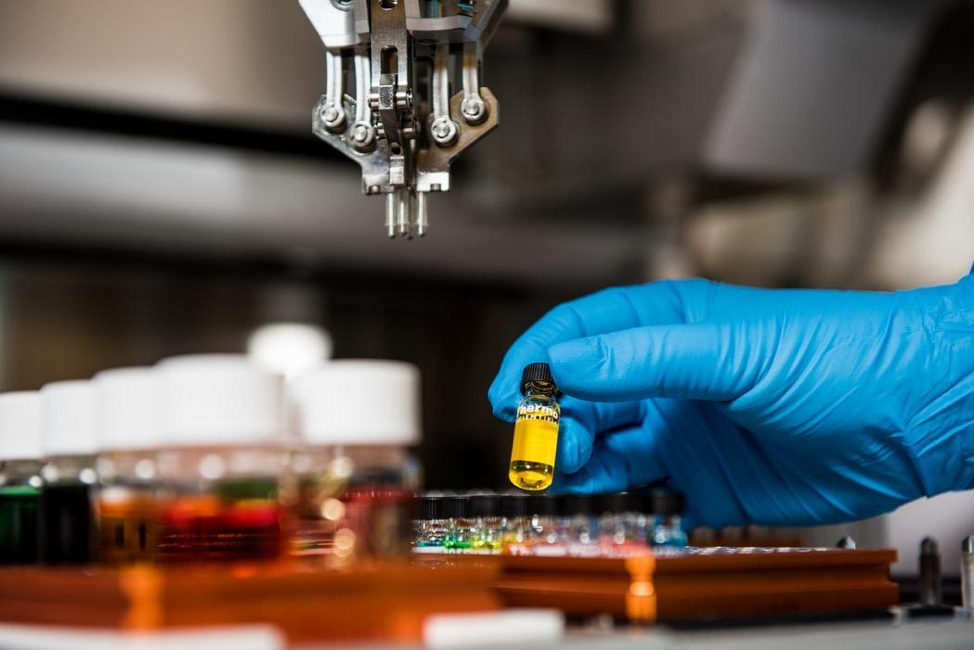
This type of fair oversight is critical to the safe cultivation, production and distribution of cannabis products. The chance of preventing a pollution crisis increases significantly if technical experts are involved in the development of the rules.
In 2019, the vaping-associated lung injury (VAPI) crisis exposed regulatory rifts in legal cannabis markets. People died from using unregulated vape products – and struggling to differentiate between legitimate and counterfeit products. While the Center for Disease Control hasn’t pinpointed a single cause, the likely culprit was vitamin E acetate, a thinner or cutting agent found in black-market vape cartridges.
VAPI has not been associated with cartridges from licensed manufacturers or retailers, which hit states without legal cannabis hardest. Although no licensed cartridge manufacturer with common sense would use questionable cutting materials in their products, this is still technically permissible in several legal cannabis markets.
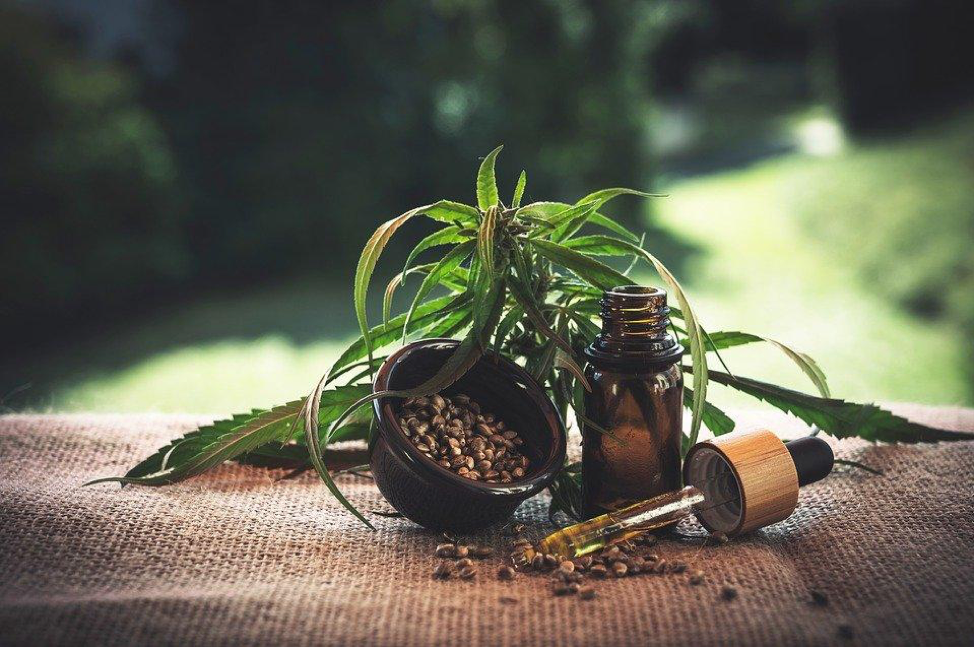
Developed, maintained and implemented by experts
With no federal regulation currently in place, states must carefully monitor the quality of their cannabis. The best way to avoid future problems is to consult with experts who know the market inside out and know how to put controls and scales on quality data.
“It is our firm belief and our civic duty to ensure the safety of consumers. We do this by consistently and continuously validating our processes and staying on the course we have chosen. Most government agencies that regulate medical and recreational programs are understaffed, underfunded, and overwhelmed. They need all the help they can get, ”said George Fernandez, CEO of Modern Canna.
Quality data is the central basis for policy making. It is advisable that these departments seek the assistance of credible external cannabis testing laboratories such as Modern Canna in developing rules to prevent future pollution crises and ensure the safety of cannabis users.
By submitting this form, you subscribe to Leafly news and promotional emails and agree to Leafly’s Terms of Use and Privacy Policy. You can unsubscribe from Leafly email messages at any time.

Post a comment: